T4K3.news
Radioactive shrimp recall expands
FDA reports further recall of frozen shrimp over possible Cesium-137 contamination affecting several brands across multiple states.
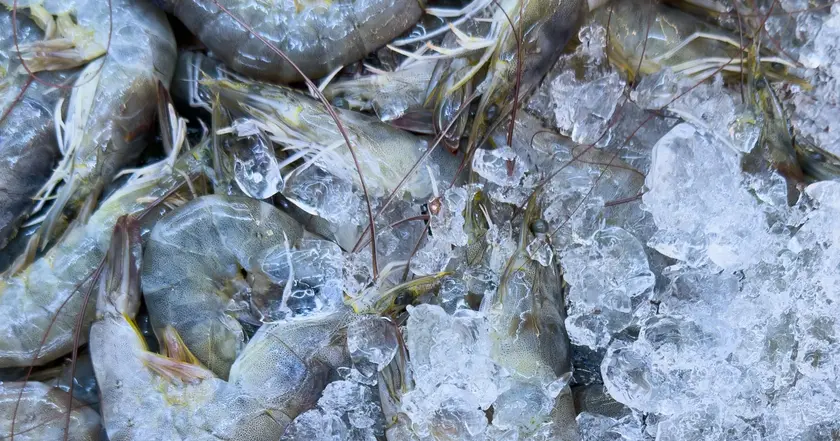
The FDA reports a new recall of frozen shrimp due to possible Cesium-137 contamination affecting multiple brands and states.
Public health stakes rise as radioactive shrimp recall expands
Southwind Foods, a California company, is recalling a limited quantity of frozen shrimp after it was possibly exposed to Cesium-137. The recall covers several brands including Sand Bar, Best Yet, Arctic Shores Seafood Company, Great American Seafood Imports Co., and First Street. The products were distributed from July 17 to August 8 to retailers, distributors, and wholesalers in Alabama, Arizona, California, Massachusetts, Minnesota, Pennsylvania, Utah, Virginia, and Washington, the FDA said. The agency did not name specific stores and is investigating how the radioactive material entered the shipping containers. A separate recall by Indonesian firm BMS Food, sold at Walmart stores in the United States, has also prompted regulators to monitor imports. Consumers who bought the recalled frozen shrimp should not eat it and should return it to the place of purchase for a full refund. The FDA notes that repeated low-dose exposure to Cs-137 can result in an elevated risk of cancer, though no illnesses have yet been reported.
Key Takeaways
"Repeated low-dose exposure to Cs-137 can result in an elevated risk of cancer, resulting from damage to DNA within living cells of the body."
FDA health risk statement
"No illnesses have yet been reported."
Regulatory update
"The recalled products were distributed from July 17 to August 8 to retailers, distributors, and wholesalers."
Distribution timeline
The recall underscores how fragile seafood safety is in a global market. A single batch can trigger a wider safety crisis across brands and retailers. The cross-border nature of the supply chain makes tracing penalties harder and may invite stricter checks at ports, warehouses, and shipping containers. For shoppers, the episode raises questions about trust and how quickly notices are issued. For retailers, it means higher testing costs, tighter inventory controls, and more complex recalls. Regulators could respond with tighter screening, clearer labeling, and better data sharing to prevent future scares.
Highlights
- Repeated low-dose exposure to Cs-137 can result in an elevated risk of cancer.
- No illnesses have yet been reported.
- The recalled products were distributed from July 17 to August 8.
- Consumers who bought the recalled frozen shrimp should not eat it.
Public health risk from radioactive shrimp recall
The recall highlights potential cancer risk from Cs-137 exposure in seafood, involves multiple brands and states, and prompts regulatory scrutiny of shipping and labeling.
Public health depends on fast, transparent action from officials and the supply chain.
Enjoyed this? Let your friends know!
Related News

Recall alert for frozen shrimp
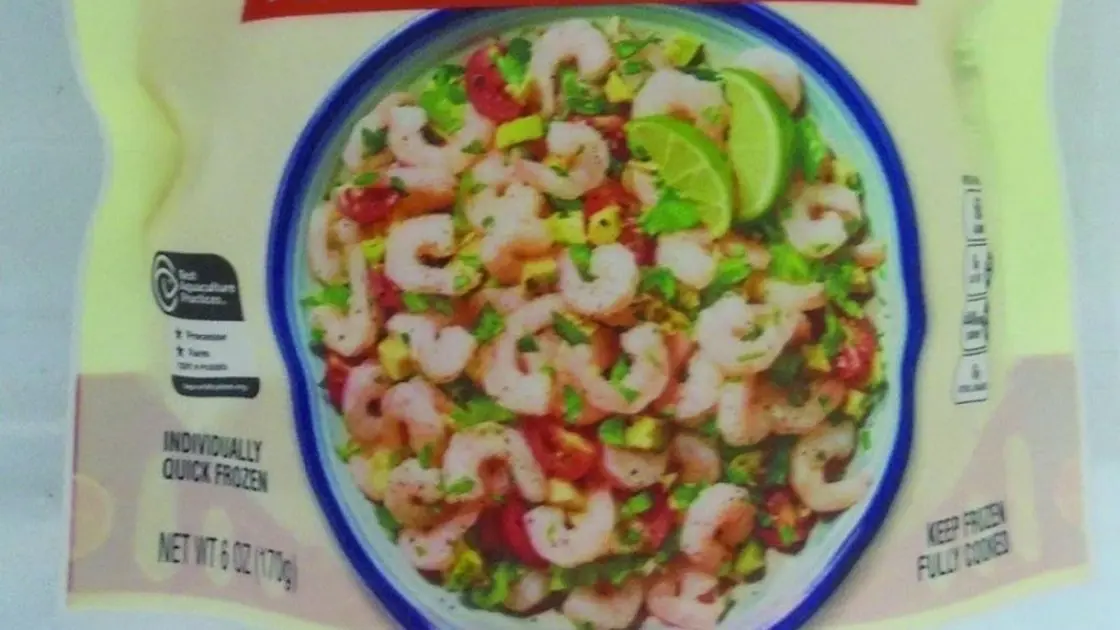
Shrimp recall expands amid contamination concerns
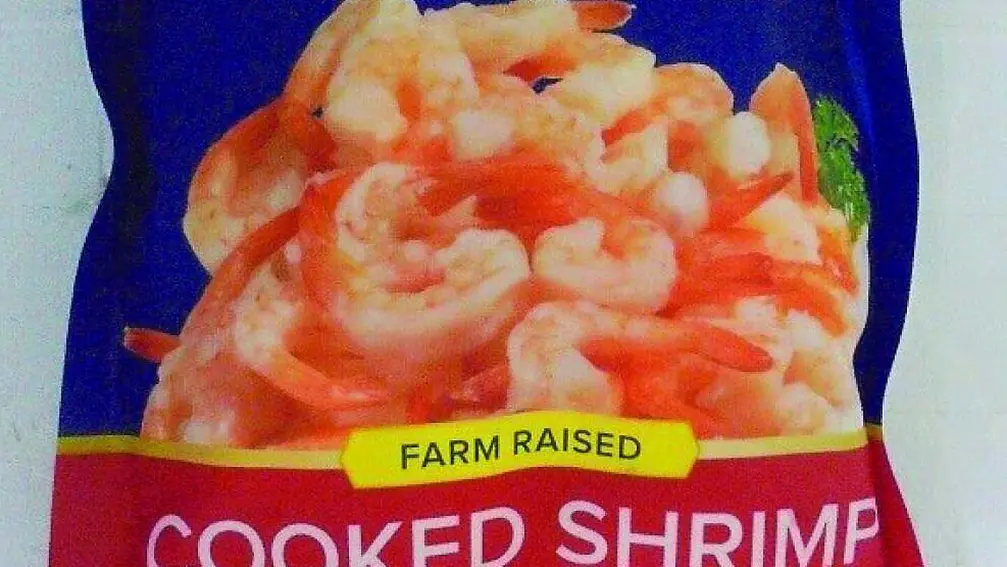
Frozen shrimp recall expands
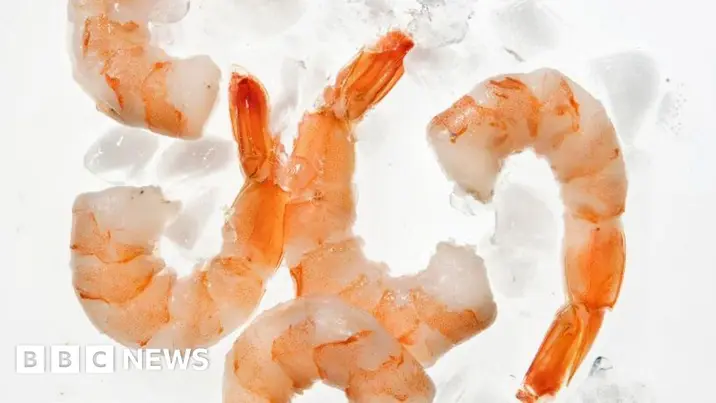
Walmart shrimp recall notice
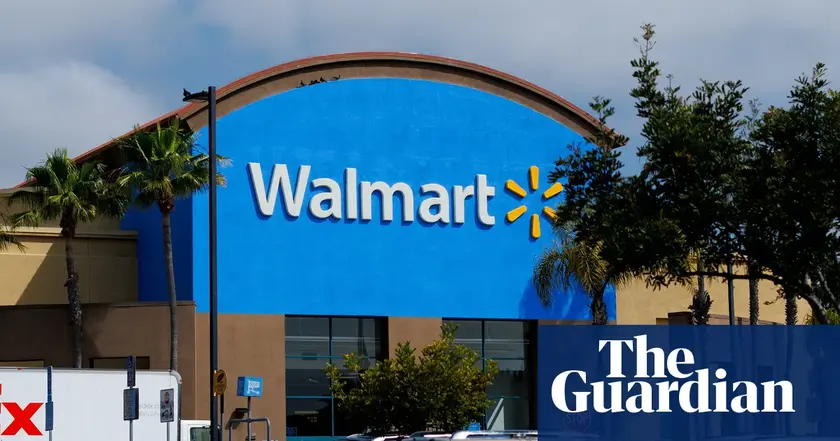
Walmart recalls potentially radioactive shrimp sold in 13 states

Walmart recalls shrimp over potential radioactive contamination
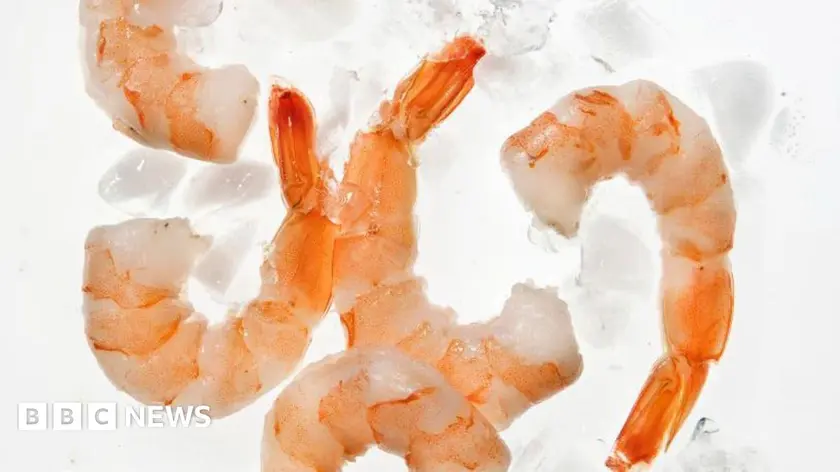
Walmart recalls radioactive shrimp
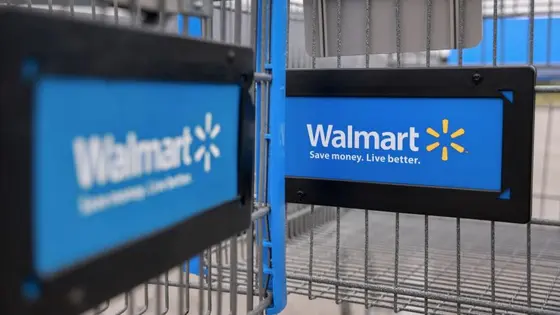
FDA alerts on Walmart shrimp safety
